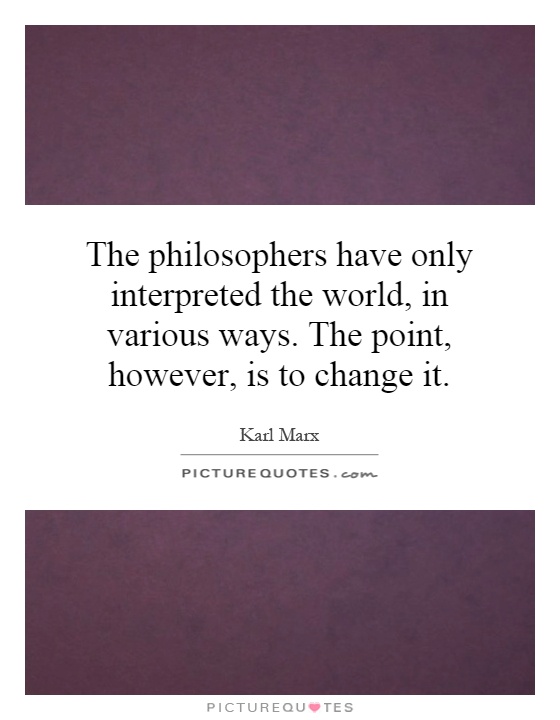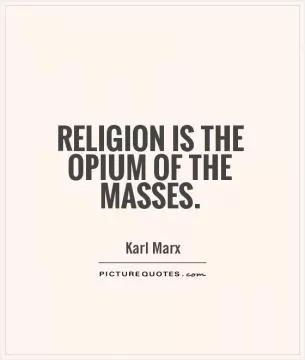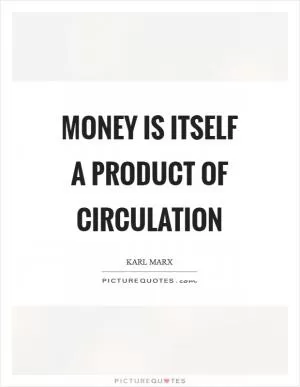The philosophers have only interpreted the world, in various ways. The point, however, is to change it

The philosophers have only interpreted the world, in various ways. The point, however, is to change it
Karl Marx, a renowned philosopher, economist, and revolutionary socialist, is often associated with the quote, "The philosophers have only interpreted the world, in various ways. The point, however, is to change it." This quote encapsulates Marx's belief in the importance of not just understanding the world, but actively working to transform it for the better.Marx's philosophy was deeply rooted in the idea of historical materialism, which posits that the economic base of society shapes its political and ideological superstructure. He believed that capitalism was inherently exploitative and oppressive, leading to the alienation of the working class from the fruits of their labor. Marx argued that the only way to truly liberate humanity from these chains was to overthrow the capitalist system and establish a classless society based on common ownership of the means of production.
For Marx, philosophy was not just an intellectual exercise, but a tool for social change. He criticized previous philosophers for merely interpreting the world without seeking to actively change it. Marx believed that theory and practice should be intertwined, with philosophy serving as a guide for revolutionary action. He famously stated, "The philosophers have only interpreted the world, in various ways. The point, however, is to change it."
Marx's call to action has inspired generations of activists, revolutionaries, and social movements around the world. His ideas have been instrumental in shaping the course of history, from the Russian Revolution to the anti-colonial struggles in Africa and Asia. Marx's emphasis on praxis, or the unity of theory and practice, continues to resonate with those who seek to challenge the status quo and build a more just and equitable society.












 Friendship Quotes
Friendship Quotes Love Quotes
Love Quotes Life Quotes
Life Quotes Funny Quotes
Funny Quotes Motivational Quotes
Motivational Quotes Inspirational Quotes
Inspirational Quotes